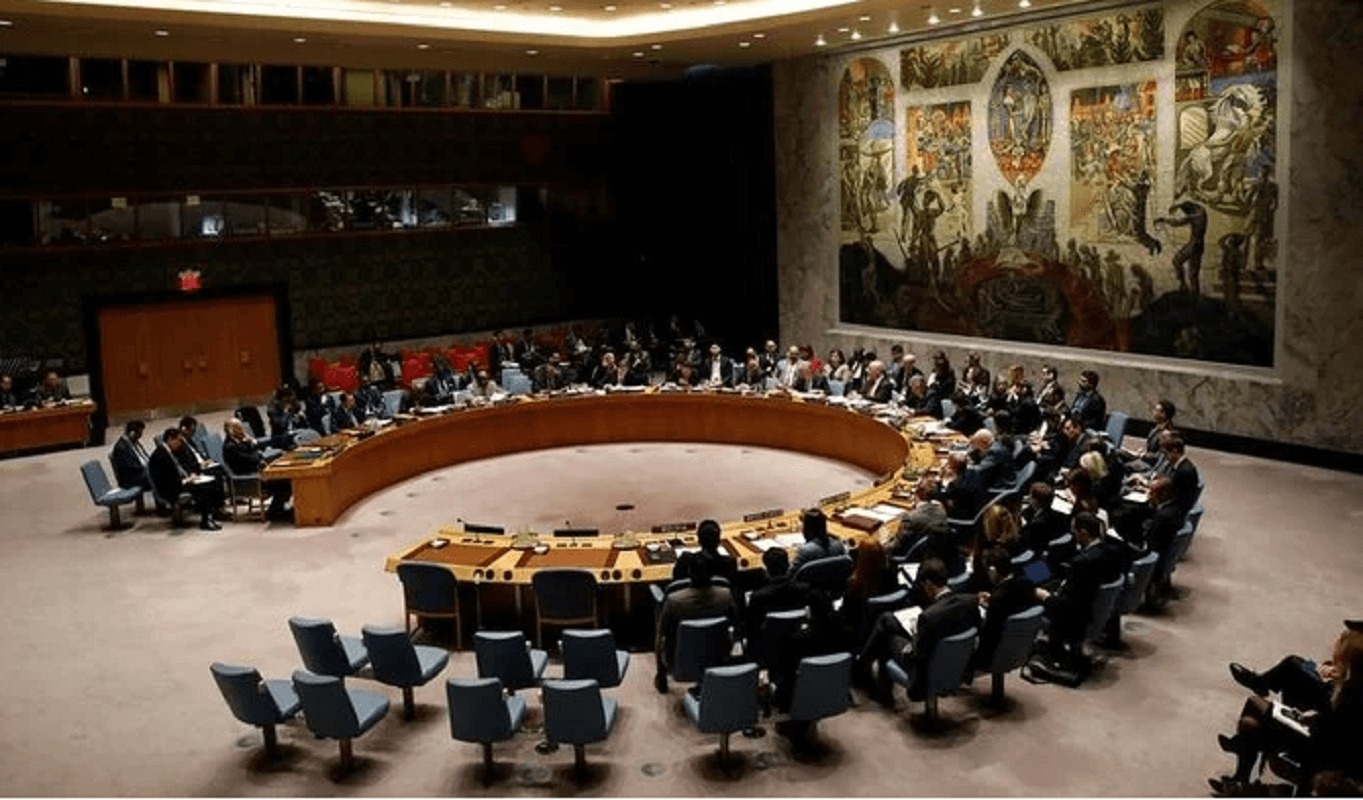Why Reform of The UN Security Council is Elusive
Maleeha Lodhi | 17 September 2022
This year’s session of the UN General Assembly in New York is taking place in an intensely unsettled global environment. Rising East-West tensions, US-China confrontation and a resurgence in regional conflicts all threaten international stability.
The UN's principal tool to address challenges to global peace and security is the Security Council, but it is increasingly paralyzed and acts as little more than a spectator of international conflicts.
Expectations of reform of the Security Council to make it effective and in sync with contemporary global realities have not been met. Its composition and structure still reflect the historical arrangement agreed upon over 75 years ago by the victors of the Second World World War, who became the five permanent members of the world’s premier crisis management forum. Possession of veto power further buttressed their position in a body charged with primary responsibility for the maintenance of international peace and security.
Originally the UN Charter provided for six non-permanent members. But in 1963 the General Assembly amended the charter to create four more non-permanent seats, which expanded the Council to 15. That is still the case today for a body that remains anchored in the past.
For decades, talks on comprehensive reform have been going on in an informal plenary of the General Assembly. While there is agreement among UN member states on making the Security Council more representative, effective consensus beyond that has been elusive, especially on details. The prolonged deadlock in negotiations is due to the seemingly unbridgeable gap in positions between countries that aspire for permanent seats for themselves and others who oppose this and instead advocate enlarging the Council by more elected, non-permanent members.
Unless fundamental differences between opposing groups of countries are reconciled and a compromise formula found, substantive progress is not possible.
This discord has for years pitted the so-called G4 countries – Germany, Japan, India and Brazil – against the Uniting for Consensus countries led by Italy and including Pakistan, Argentina, South Korea, and Canada. G4 countries support additional non-permanent members, with their position resting on the claim that they are entitled to permanent seats because of their economic power, political standing and contributions to the UN. The common African position is support for expansion in both permanent and non-permanent categories. This is predicated on the view that the continent’s under-representation has been an act of historical injustice, which should be remedied.
The Uniting for Consensus countries call for comprehensive reform and want the Security Council to be more representative, accountable, democratic and effective by the addition of elected members who can counterbalance the power of the five veto-wielding member states. Their core argument is that the deadlock and paralysis of the Security Council are due to divisions among the permanent members that prevent it from playing the role expected of it. Adding more permanent members would compound this dysfunction, they say, not resolve it. Moreover, additional permanent seats would reinforce an inequality. As a key member of this group, Pakistan has long maintained that reform should not preserve privilege for a few, but give all UN member states — large, medium, and small — a chance to serve on the Security Council by rotating elected seats. It also argues that in the democratic era reform should reflect the spirit of the age. The principle of election is the bedrock of democracy. That should also apply to reform of the Security Council; more elected members would make it more democratic and accountable to the general membership.
These two groups don’t just have divergent positions, they have competing visions about the UN. One vision seeks to accord privileged status to a handful of countries on the basis of “permanence,” while the other wants to transform the organization into one that embodies the principles of democracy, representativeness and effectiveness and offers opportunities to all states to become Security Council members. One vision is driven by power politics. The other posits that principles should have primacy over power.
Given the impasse in negotiations, what are the prospects for reforming the UN’s most important body? Unless fundamental differences between opposing groups of countries are reconciled and a compromise formula found, substantive progress is not possible. The Uniting for Consensus group has shown flexibility by proposing longer-term elected seats to the Security Council, but the G4 have not demonstrated similar flexibility. This means the stalemate is unlikely to be overcome in the near future.
Moreover, the process of reform is not simple. It will require an amendment to the UN Charter. This involves,first, that the General Assembly should adopt a resolution on reform by a two-thirds majority; and second, that the amendment of the charter based on such a resolution ratified by at least two thirds of the UN membership, and including the five permanent members. This makes reform a daunting prospect even if all countries want it in one form or another.
Maleeha Lodhi is a former Pakistani ambassador to the US, UK & UN.
This article was originally published on Arab News.
Views in this article are author’s own and do not necessarily reflect CGS policy.
